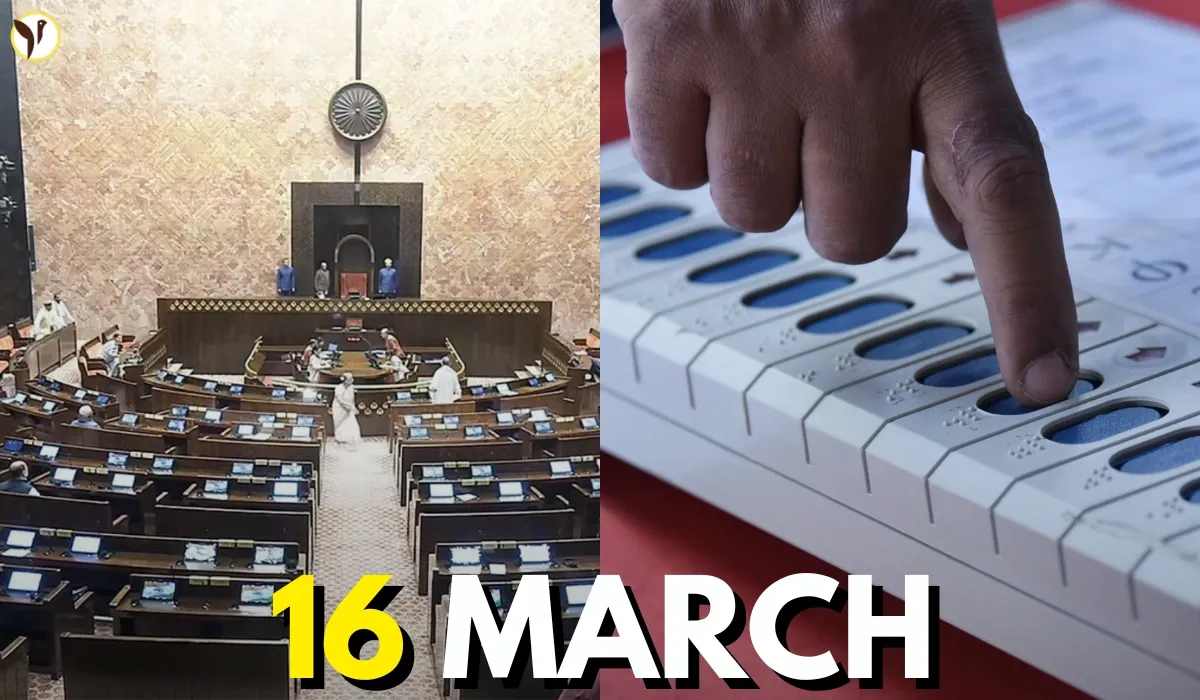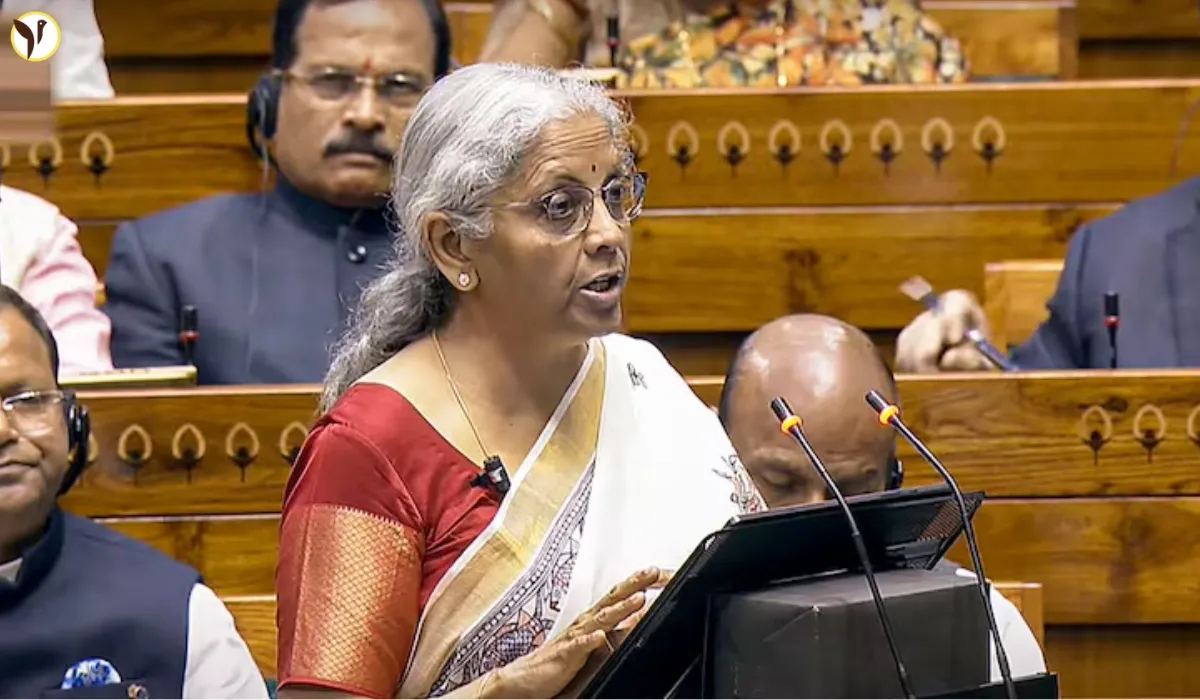Federal Judge Charles Breyer has ruled that former President Donald Trump did not follow the law when he sent thousands of National Guard troops to Los Angeles without approval from California state officials.
The move happened during protests over immigration enforcement, and California Governor Gavin Newsom challenged it in court.
Judge Breyer found that the legal conditions for federal control of a state’s National Guard—such as a violent uprising or serious national threat—were not present. He said the federal government should have worked with the state before taking action. As a result, he issued an order to return control of the Guard to California.
However, that order was quickly paused by an appeals court, meaning the troops remain under federal command for now. A hearing is scheduled for June 17, when the court will decide whether to keep or reverse the judge’s ruling.
Judge Breyer gives CA everything it wants: President Trump’s federalization of the Guard is justiciable, he has not shown there is a rebellion or that the government is unable to execute the laws, and that he has not complied with the procedural req. to act through the governor pic.twitter.com/zJdyLebLk6
— Rᴏʙᴇʀᴛ L. Tsᴀɪ (@robertltsai) June 13, 2025
Why the Case Could Affect Future Presidential Powers
This case could have major implications for how much authority the president has over state military forces. Judge Breyer’s decision focused on whether the president can act alone in domestic situations that do not involve a clear emergency.
He argued that cooperation with state leaders is required under U.S. law unless there's a specific legal reason for federal control.
Legal analysts believe this case could shape how similar situations are handled in the future. If the court supports Judge Breyer’s decision, it would strengthen the role of state governments in military decisions during peacetime. But if the decision is overturned, it may give the president more room to act independently during times of unrest.
The temporary pause placed by the appeals court means things stay as they are until the next hearing. But the outcome of that hearing could set an important legal standard for future conflicts between state and federal governments over the use of National Guard troops.









